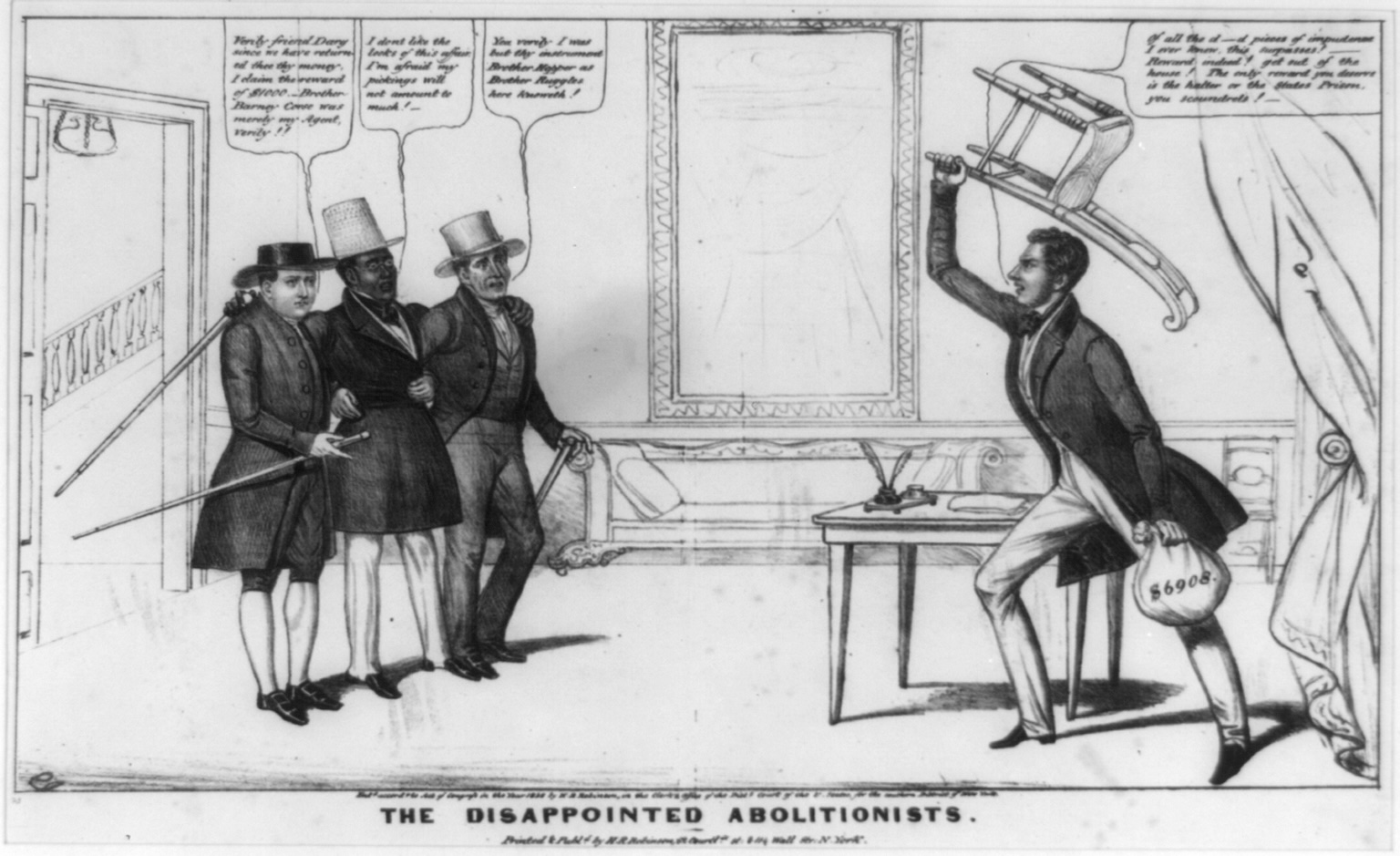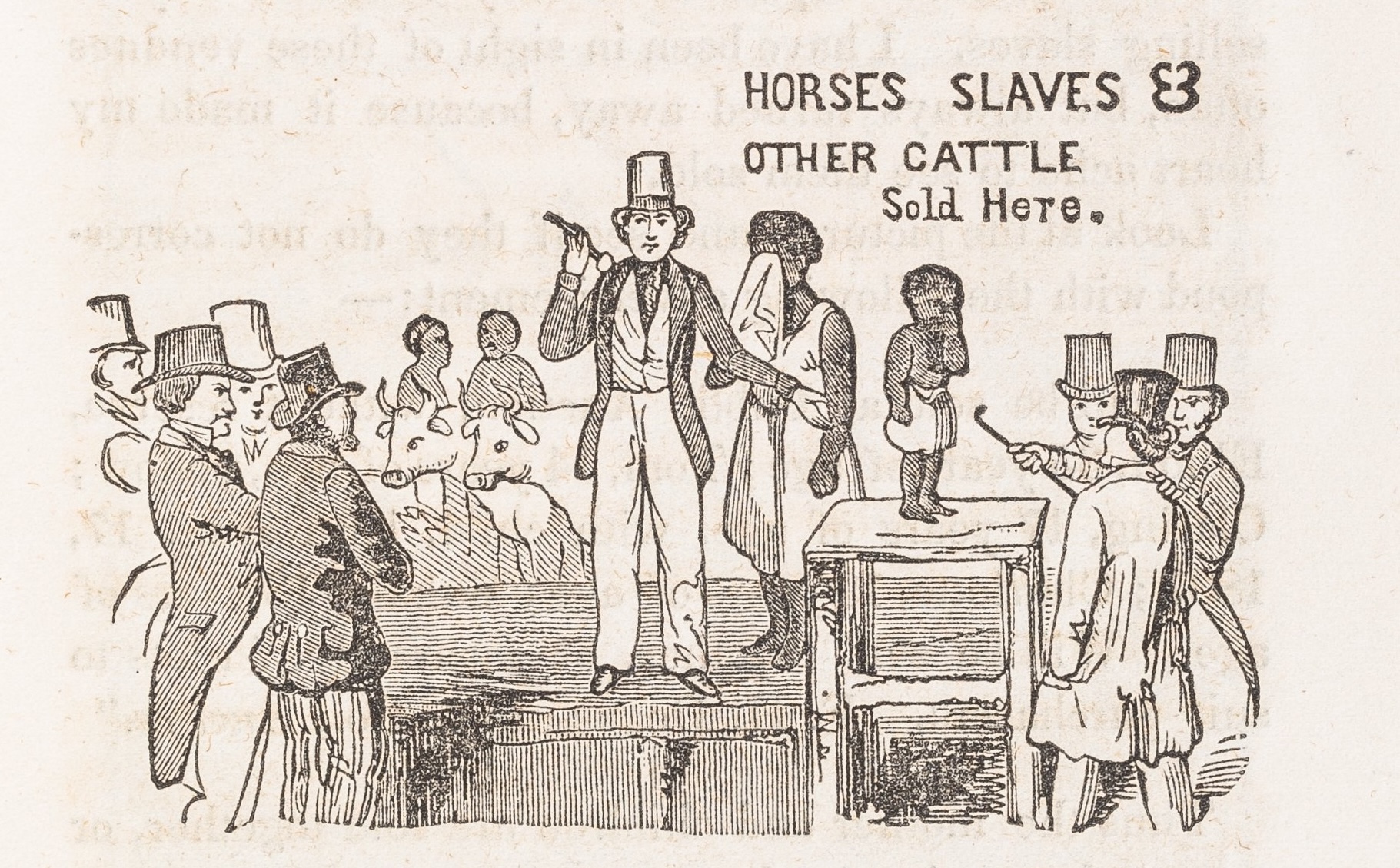I begin with classic Anglo Saxon understatement: The American Jeremiad has been invaluable for my work and, safe to say, for that of countless other Americanists. Bercovitch’s notion of the conjunction of the sacred and secular has been a lightning rod for two generations of scholars, and whether they agree or disagree at this point with the vision he represents of a boundless incorporation of dissent and its peculiar implications for the concept of America, there can be no doubt that the idea has provided the grounds for one of the most trenchant discussions in American cultural criticism. But rather than continue to proffer generalizations about the impact of The American Jeremiad, I want simply and briefly to name a few ways in which I have personally been in dialogue with Bercovitch’s ideas about the jeremiad.
It was in pondering Bercovitch’s central notion—that the rhetoric of the jeremiad provides the seeds of America’s exceptional culture of socialization—that I came to think about banishment in the Puritan community. How did the sending out of certain individuals from the community through banishment push the boundaries of the dissent that is so central to his understanding of American culture beyond the bounds of that culture, and how did that push and pull affect the idea of American socialization? Was this form of expulsion, in which the excluded were doubly excluded, yet another manifestation of the appeal to the original idea of community (which was, admittedly, a pre-constitutional community), or was there something novel going on? Moreover, was the community at large represented in the rhetoric of banishment, as Bercovitch argues it was in the case of the jeremiad, or was it the work of only a certain demographic? Sparked again by Bercovitch’s work on rhetoric and its relation to the community was another question at the heart of my work: was the common law, which was central to the banishment debate, another form of jeremiad—all-encompassing, central to the community in a mythological symbolic sense, endlessly flexible, liberating and repressive at the same time?
How did the sending out of certain individuals from the community through banishment push the boundaries of the dissent that is so central to his understanding of American culture beyond the bounds of that culture, and how did that push and pull affect the idea of American socialization?
These were some of the questions that guided me in writing Banished: The Common Law and the Rhetoric of Social Exclusion in Early New England, but my current project, which deals in part with Puritan millennialism and cosmopolitanism, arises in part from a Bercovitchean sense of rhetoric and history as well. Needless to say, as a Puritanist, I am indebted to Bercovitch’s work, which is not only informative, rich, and dense but also the very lifeblood of a field—Puritanism—that was close to moribund before he (together with a few others) reinvigorated it. What I’ve learned, however, is how to mine the field in ways that Bercovitch more often than not chose not to do as he sought to use the Puritan period to analyze the socialization process of the nation to come. Where Bercovitch calls the “New England Puritan symbology a transitional mode, geared toward new forms of thought but trailing what Melville scornfully called the aims of the Past,” I have found within it its own futurity, limited on the one hand as Bercovitch notes to the figurations of the Biblical past, but also as unconstrained in its own way as the later nationalist fusion of sacred and secular in his explication of the symbol that is America. Indeed it was unsurprisingly enough again one of Bercovitch’s notions—that in America, even in Puritan times, utopia was not some other place but this place—that inspired some of my current musings on the millennium and the Puritan concept of peace. For when you dwell in Puritan America, you find in the figural thought of the Puritans glimmers of a future beyond the analogy to Israel, beyond the place where the sacred meets the secular and, as Bercovitch would have it, bangs up against it. Less willing perhaps to say with him that things unfolded “here then as nowhere else,” I am repeatedly prompted to wonder about exceptionalism 35 years after his American Jeremiad changed the way we view our world.
This article originally appeared in issue 14.4 (Summer, 2014).
Nan Goodman is professor in the English Department of the University of Colorado at Boulder. She is the author of Shifting the Blame: Literature, Law, and the Theory of Accidents in Nineteenth-Century America (1998) and, most recently, Banished: Common Law and the Rhetoric of Social Exclusion in Early New England (2012). She is co-editor (with Michael Kramer) of The Turn Around Religion in American Literature (2011).



















